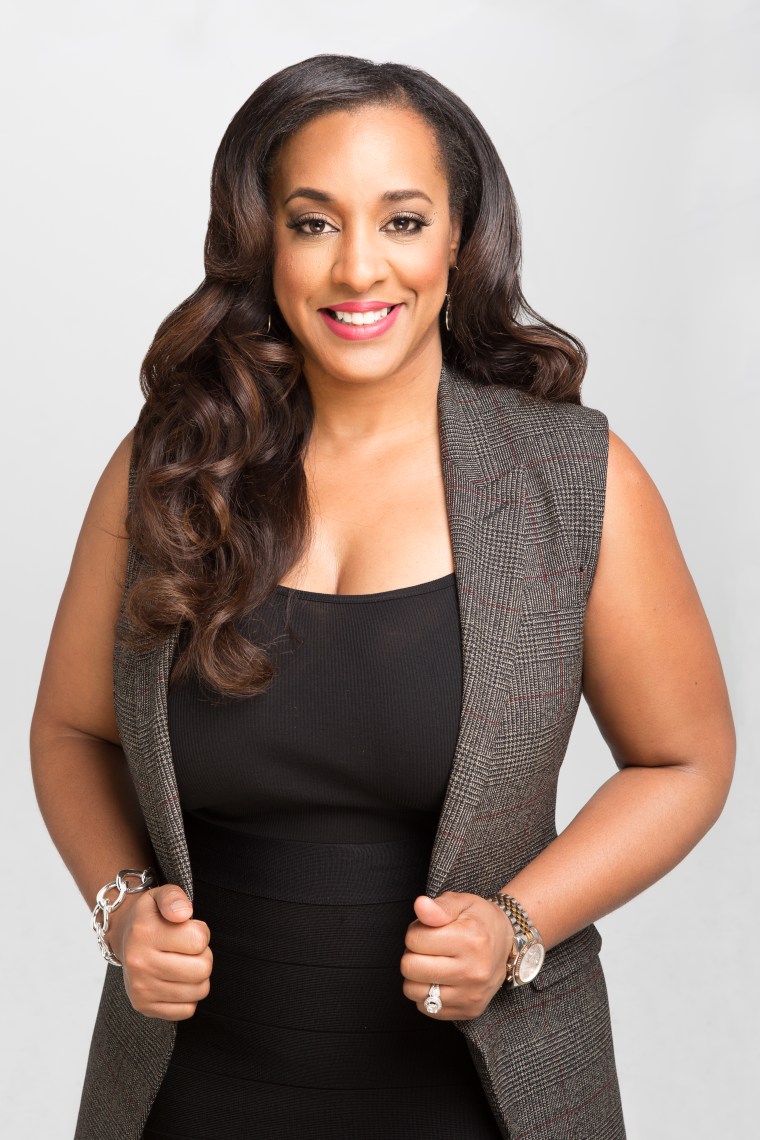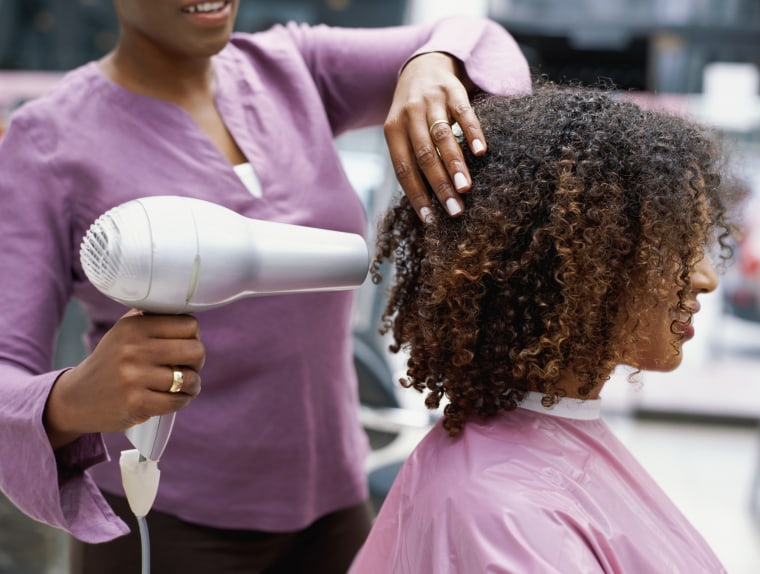Charlene Dance, Global Marketing Director at Strength of Nature, is making waves in the black hair care industry.
Dance spends her days researching what women of color care about when it comes to their hair and then creates and manages marketing plans internationally to connect them with the best products on the market. The point, according to Dance, is to provide the tool for multicultural women to help keep their hair happy and healthy no matter their texture or style.
Strength of Nature is one of the fastest growing multicultural hair care companies selling popular products such as African Pride®, Beautiful Textures®, Dream Kids®, Elasta QP®, Profectiv MegaGrowth®, Proline®, Soft & Beautiful®, Soft & Beautiful Botanicals®, and TCB®.
In 2015, Mintel, a leading market intelligence agency, published a report showing that just 21 percent of black haircare sales are relaxers, suggesting a boom in natural hair trends. According to the survey 48 percent of black women said that natural or curly hairstyles exude confidence. What does that mean for your hair?
NBCBLK caught up with Dance to talk about what it's like working for Strength of Nature, how to find the best products for you, and how to think about going natural in 2016.

What are some myths that should be dispelled about black hair?
Black women definitely don't have one type of hair. That's evident by all the beautiful actresses on TV today; everyone has different hairstyles and different hair types.
Another myth to dispel is that black women can absolutely get their hair wet. I just think that black women are confident, put-together women, so when they get their hair wet, the first thing they're thinking about is how quickly can I get myself back together to look put together and gorgeous.
What have you learned about what black women want in hair care products?
It's incredibly important to make sure that our products educate women. Depending on your hair type, if it's wavy, if it’s more of a straight wave, if it’s curly or if it’s what we call like kinky, there's a certain amount of product you need to use. So, we want to make sure that we’re educating that woman about that.
We also want to make sure we're teaching women about how they best maintain healthy hair when you're coloring, heating or putting chemicals to it. Right now the woman today is not monolithic; she wants to style her hair her way. It’s incredibly important to bring her an array of products that speak to her, that will help her keep her hair healthy and strong.
What are you seeing change in the hair care industry today?
We're more talking about hair texture than anything else now. You see brands embracing women of all, colors, tones, and background in their campaign. Making sure their products are speaking to women of all textures and tones, is the thing that I celebrate tremendously.
If the industry keeps expanding how can women choose between products?
I think there's an array of products out there that meets many women’s needs, and I think that you're going to have to find a brand for you by trial and error.
It's best to know yourself and your lifestyle before you decide to go natural, and then decide am I'm going to transition with a protective style—like braids or waves.
I love product junkies, that’s the term where women are open to trying all types of different products till they find the one that truly meets their need, and I think women should not brand block themselves and they need to try things.
What products should women look for in products when they have natural hair?
When you go natural, moisturization is important. Vitamin E is essential to the hair, so they should be looking for things that have vitamin E, coconut, Argan, Shea because they're going to add a lot of moisture. The vitamin E definitely is going to add health to the hair.
Also, you really need to look for light products when you want penetration to actually moisturize your hair, and heavier products for style when you're natural.
What tips would you give to someone thinking of going natural this year?
I think she begins where she's comfortable now. Sometimes people make decisions and they go full throttle and that works for them, or they may have to take steps. It's best to know yourself and your lifestyle before you decide to go natural, and then decide am I'm going to transition with a protective style—like braids or waves.
I think it's important to make sure that you assess your own personal comfort level, your ability to be able to have time to style and get to know your hair in this new, natural style.
What is the international market for black haircare products? How similar or different are international trends compared to in the U.S.?
Social media and the internet has unified women in a way that it's unreal, and we learn a lot through each other in a way that's unimaginable. I travel globally, and I will tell you that the U.K. girls are definitely going natural, and those women are very much so engaging with the women in the US.
Bloggers in the U.K. bloggers and the domestic bloggers in each state meet all the time, they travel back and forth to shows, and they sponsor each other to come back and forth. Korea has always celebrated natural hair options, so we see and more of them actually are going natural as well, which is really an exciting thing.
In Africa, that's a continent in itself that has started a natural hair movement. In places like Nigeria and Kenya and South Africa and Ghana, now they're really starting to look at natural hair.
There's a lot of correspondence international. For example, you have stylists like Felicia Leatherwood, the celebrity natural hair stylist, and she is global. She travels all over the world having these conversations and educating women about natural hair. So, people are talking about beauty in a very global way.
[this interview has been edited and condensed for clarity]

